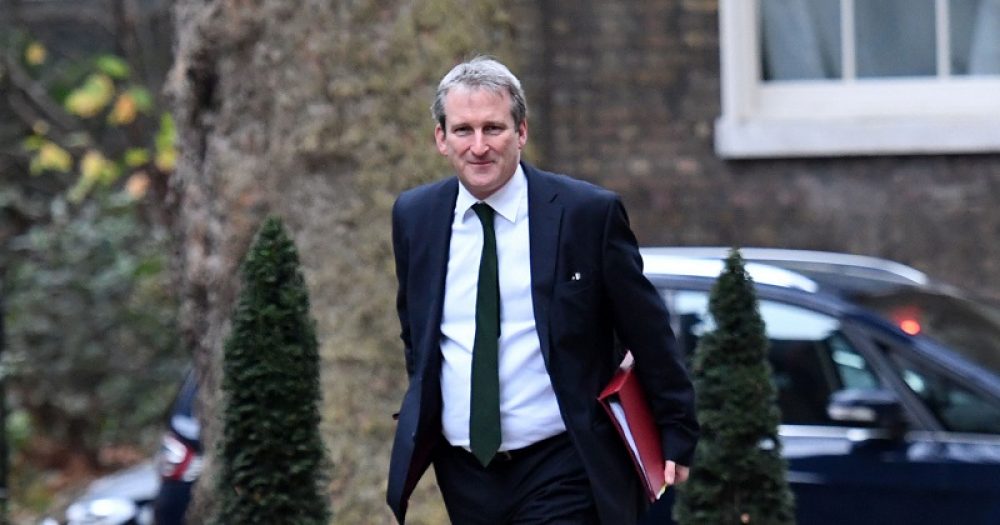A £5 million sabbatical fund will give experienced teachers the opportunity to take a break from the classroom, Damian Hinds will announce.
The education secretary will set out the government’s initial response to its consultation on ‘Strengthening qualified teacher status (QTS) and improving career progression for teachers’ during his speech to the annual conference of school leaders’ union NAHT.
Proposals for a sabbatical fund for those who have been qualified and teaching for at least seven years were first set out in the consultation last December. At the time, the government said teachers would have to apply “with a specific project in mind”, and if they are successful they would have their salaries paid for up to a year.
£5 million probably wouldn’t actually go that far
Today, the Department for Education confirmed that £5 million will be available, and that the sabbatical will be on offer to experienced teachers to take time out for activities “such as a year working in industry relevant to their field”.
Ministers will also proceed with plans set out in the consultation to extend the induction period for teachers following training from one to two years.
However, plans to change qualified teacher status so trainees receive only “provisional” QTS at the end of their training and “full” QTS two years into the job will not go ahead, following the consultation.
“All of us have a shared goal of making sure teaching remains an attractive, fulfilling profession,” Hinds will tell heads today.
“We will be introducing an enhanced offer of support for new teachers – including extending the induction period to two years – and we will work with the profession to develop a new early career content framework that will set out all the training and mentoring a teacher is entitled to in those first years.”
He will promise to take an “unflinching look at the things that discourage people from going into teaching or make them consider leaving”. The DfE will also look at “how we support teachers to get better at what they do and hone their expertise and career progression”.
The sabbatical fund is one of a series of measures aimed at improving flexible working in schools. There will also be a research project to “introduce more flexible hours in the profession”.
Sam Twiselton, director of the Sheffield Institute of Education at Sheffield Hallam University, said the idea of sabbaticals was “brilliant” in theory but queried the amount of money put aside.
She asked whether teachers would be able to apply to do research or a qualification, in which case “£5 million probably wouldn’t actually go that far”.
If teachers have to bid for a career break in a competitive process they could also be put off, she warned.
Finally, teachers considering a sabbatical in England might be too worried about missing numerous policy changes in that time, and so the funding might need to cover a “keep-in-touch mechanism” and “process for easing you back in” to encourage staff to take the leap.








The top of the main scale for ordinary teachers is £33,824 pa. This means only 148 out of 457,300 teachers in England could take advantage of the sabbatical. Even if the seconded teachers were paid at the bottom of the pay scale (£22,917 pa), the fund would only benefit 218.
No doubt this £5m fund will be trumpeted by ministers saying this will help increase retention. But such meagre sprinklings are unlikely to do so.
If you approve of the principle of offering sabbaticals, how many would you like the Government to fund?
Taking a mid-range salary of £28,370, if you wanted to offer the sabbatical to 10% of teachers it would cost a smidge under £1.3 billion.
‘The Government propose to give effect to the James Committee’s recommendation that teachers should be released for in-service training for periods equivalent to one term in every 7 years of service.’
And when was the ambitious proposal mooted? Way back in 1972 under Mrs Thatcher. https://johnohowson.wordpress.com/2018/05/04/not-very-ambitious/
Unfortunately, it never happened.
Sabbaticals don’t have to be for a whole year. But they could be an in-built part of continuous professional development as proposed by Mrs T.
The gov’t keeps saying it wants England to have a world-class education system. But this needs adequate funding not much-trumpeted gestures announcing little pots of money here and there.